Tesla’s Legal Gamble Backfires
Tesla, the electric vehicle giant led by billionaire Elon Musk, has long been at the forefront of autonomous driving technology. But its bold vision for Autopilot and Full Self-Driving (FSD) has also made the company a lightning rod for legal scrutiny.
In a dramatic turn of events, Tesla rejected a $60 million settlement related to a 2019 fatal crash involving a Model S on Autopilot, only to face a $243 million jury verdict months later. The case not only raises serious questions about the safety of driver-assistance systems but also highlights the growing legal risks Tesla faces as it pushes self-driving technology into the mainstream.
The 2019 Crash at the Center of the Lawsuit
The lawsuit stemmed from an April 2019 accident in Florida involving a Tesla Model S equipped with Autopilot.
- Victims were standing beside their Chevrolet Tahoe on the highway shoulder when the Tesla struck the parked SUV.
- The crash killed Naibel Benavides Leon and seriously injured her boyfriend Dillon Angulo.
- The Tesla driver, though found 67% liable for compensatory damages, was not a defendant in the trial.
This case marked the first U.S. trial involving the wrongful death of a third party linked to Tesla’s Autopilot system.
The Jury’s Verdict: $243 Million in Damages
Jurors awarded:
- $129 million in compensatory damages (shared between the estate of Leon and Angulo).
- $200 million in punitive damages.
Tesla was found:
- Liable for 33% of compensatory damages ($42.6 million).
- Responsible for 100% of punitive damages ($200 million).
The ruling significantly exceeded the original $60 million settlement offer, which Tesla declined earlier in the year.
Tesla’s Response: Denial and Appeal
Tesla denied wrongdoing, issuing a statement that the verdict would:
“Only work to set back automotive safety and jeopardize Tesla’s and the industry’s efforts to develop life-saving technology.”
The company plans to appeal the ruling, continuing its strategy of aggressively defending its Autopilot program in court.
Autopilot Lawsuits: Tesla’s Growing Legal Risks
This isn’t Tesla’s first legal battle involving driver-assistance software. While many prior cases were dismissed or settled, this trial could set a legal precedent.
Notable Patterns:
- Autopilot accidents often involve misuse or over-reliance on the system.
- Tesla markets Autopilot as an assistive feature, not full self-driving, yet critics argue its branding creates false confidence among drivers.
- The National Highway Traffic Safety Administration (NHTSA) has investigated dozens of crashes involving Tesla vehicles.
With regulators and courts taking a harder stance, Tesla could face billions in future liabilities if more cases head to trial.
Why the Settlement Rejection Matters
Tesla’s decision to reject a $60 million settlement before facing a $243 million verdict underscores the risks of litigation strategy.
- Possible Motive: Tesla likely believed its defense of Autopilot would succeed, preserving the company’s reputation and avoiding a costly precedent.
- Outcome: The massive jury award shows that public sentiment may be shifting against Tesla in cases involving Autopilot.
- Legal Precedent: Other plaintiffs may now feel emboldened to take Tesla to trial instead of settling.
Comparison Table: Tesla’s Settlement Offer vs. Jury Verdict
| Category | Settlement Proposal | Jury Verdict |
|---|---|---|
| Amount | $60 million | $243 million |
| Compensatory Damages | N/A | $129 million |
| Punitive Damages | N/A | $200 million |
| Tesla’s Liability | Would have ended case | $242.6 million |
| Impact on Reputation | Limited | Significant |
📊 This comparison highlights how Tesla’s rejection of settlement talks quadrupled its financial exposure and created a headline-grabbing legal defeat.
The Bigger Picture: Tesla’s Autopilot and the Future of AI-Driven Cars
The verdict has implications far beyond one tragic case. It raises the question: Can Tesla’s Autopilot survive growing legal and regulatory scrutiny?
- Investor Confidence: Shareholders may worry that repeated lawsuits could drag on Tesla’s valuation.
- Industry Impact: Other automakers developing driver-assistance systems could face similar challenges.
- Public Perception: Trust in self-driving cars depends on whether manufacturers can prove safety claims in both real-world performance and legal arenas.
Final Insights: Tesla’s High-Stakes Autopilot Gamble
The $243 million verdict against Tesla is more than just a financial blow — it’s a warning sign about the future of autonomous driving technology.
Tesla continues to argue that Autopilot improves road safety, but courts and regulators are increasingly holding the company accountable for accidents. Rejecting a $60 million settlement only to face a $243 million jury award illustrates the legal and reputational risks Tesla faces as it pioneers self-driving cars.
For Tesla, the path forward will require more than just technological innovation. It will demand legal resilience, transparent communication with regulators, and renewed efforts to educate consumers on Autopilot’s limitations.
The case underscores a fundamental truth: in the race toward autonomous vehicles, trust and safety may prove just as important as speed and innovation.
Reference : Mike Scarcella

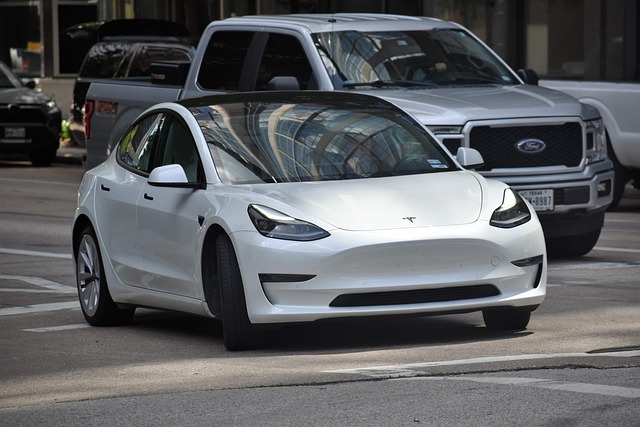
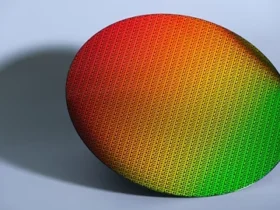
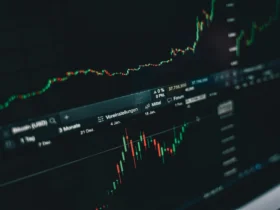
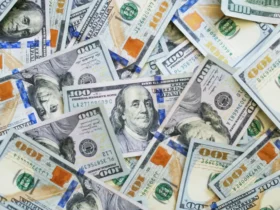
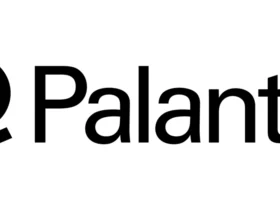
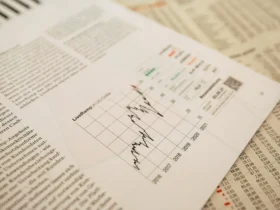
Leave a Reply